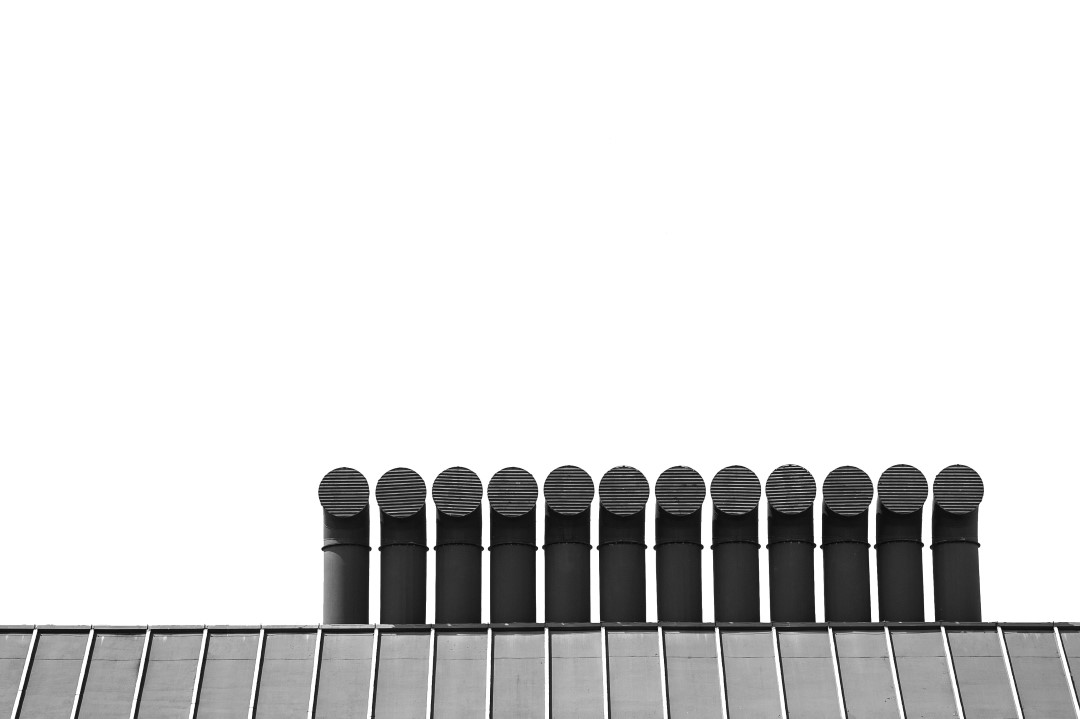Tips to Fix My Leaking Air Conditioner: In a place like Georgia, an air conditioning unit is an important home appliance with a humid climate. Using ACs all day keeps the environment cool, ventilated, and comfortable. As machines are subject to wear and tear, similarly ACs can also develop technical issues when frequently used. These problems may occur mainly because of ignoring proper maintenance, continual usage, and varying weather. Of all these technical problems, the commonest one is leakage of the system. Hence, HVAC owners must know useful tips to fix the air conditioner leakage at home.
When your AC unit leaks, it disables the system’s proper functioning and disrupts your comfort. To fix the issue, you first need to know some important details.
Common Causes of AC Leakages
Air Seepage
Air seepage is one of the most prevalent reasons that can lead to AC outflows. For proper functioning, the air approaching the AC unit must pass through the vents. And when vents have holes, the air escapes leading to suboptimal functioning of the unit.
Clogged Air Filters
Another common reason for AC leakage is the blocking of air filters by dirt, filth, and contaminants. This hinders the proper airflow through the system. When the system is turned on, the air freezes over the filter. And when turned off, it melts. The condensed vapors find their way out and cause leakage.
Filthy Air Filters
If the air filter is filthy, airflow is blocked, leading to a temperature decrease. When the coil becomes very cold, it freezes. When the AC is turned off, the indoor unit pauses, pulling air into the interior. This leads to a temperature rise and causes the melting of ice. When water occupies the drip tray, it causes leakage.
Damaged Pump
The condensation pump functions to completely drain out water to prevent seepage. If the pump is damaged due to dirt and debris, it leads to water leakage.
Leaking Condenser Coil
The condenser unit positioned outside of the building is structured by a coil, compressor, and blower. Due to its placement, it is likely to accumulate dirt and debris, leading to blockage.
Blocked Drain Canals
If the drain lines of an AC are blocked due to dirt and debris, the system tends to malfunction.
Inappropriate Installation
If your AC unit is not properly installed, it might not drain out properly and lead to water seepages.
Improper Maintenance
As AC is a machine, it requires regular cleaning and maintenance. Seeking the help of Heating and Air Conditioning Service in Suwanee is the best idea.
Inadequate Refrigerant Levels
If the refrigerant levels drop, the AC pressure decreases. This leads to freezing of the evaporator coil and water seepage.
Tips to Fix AC Leakages at Home
If you are facing Air Conditioner System leakage, you should take some measures such as cleaning and dusting various components. Below are some of the tips and processes to follow.
Washing Condensate Drain
The condenser transforms the hot air from the surrounding to cool air. The hot air may condense to turn into water. This water gets drained through the condensate pan and pipe. To prevent leakages, you can
– Unplug the AC unit for safety purposes
– Remove the access panes to locate the condensate drain pan. The condensate drain reaches its full capacity (located below the evaporating coils).
– Examine if the water is overflowing from the pan. If this is the case, the reason might be blocked drainage canals. Clear the water and dry the surface with a cloth.
– A wet vacuum cleaner can help remove the blockage from the drain canal
– A high-pressure suction pump can also perform the task. While performing this, you should:
- Continuously blow out the filth for at least a minute
- Examine the container for the amount of filth removed
- Continue the procedure until the system is completely clean
– After this, you need to:
- Discharge purified vinegar solution into the drain canals
- Leave the solution for an hour to clean out dirt and rust.
- After this, wash the drain pipes with clean water. A garden shoe can be used for this purpose.
– If you cannot perform the task at home, you must seek professional assistance by calling an expert for HVAC Cleaning in Suwanee. This will save time and hassle.
Cleaning Internal and External Coils
The internal coils of an AC unit include the fan coil and evaporator. In comparison, the exterior coil comprises a condenser coil. You should know about the cleaning methods of these coils.
Reads More: Angel Number 711 – The Secret Meaning and Symbolism
Evaporator
To clean the evaporator, you should follow these guidelines:
– Switch off the AC and unplug from the power source
– Use screwdrivers to remove the front covering of the AC system
– Use a vacuum cleaner or a specialized brush for cleaning the evaporator. If your system has aluminum fins, you must know that these are quite thin. They tend to get twisted when performing the job. So, extra care needs to be taken.
Fan
The fan is designed to blow out the cool air in a particular direction. To access the fan for cleaning, you need to:
– Use a screwdriver to take off the internal framework
– Spray the fan with an appropriate solution and leave it for 15 minutes for best results
– After this, you should rinse it completely with a splash of warm water
– Allow the water to drain off properly before you splash again
– Ensure that it dries off completely before you turn it into a proper position
Condenser Coils
To properly clean the condenser coils, you should:
– Keep the Air Conditioner disconnected from the power source by unplugging it
– Use a screwdriver to remove the external casing and access the internal coils
– Take off any system component that could restrict easy accessing of the condenser coils
– After removing, use a specialized brush to clean filth, dirt, and grease.
– Use a certified cleaner specifically formulated for the condenser coils
– After that, you should wash the coils with regular water.




